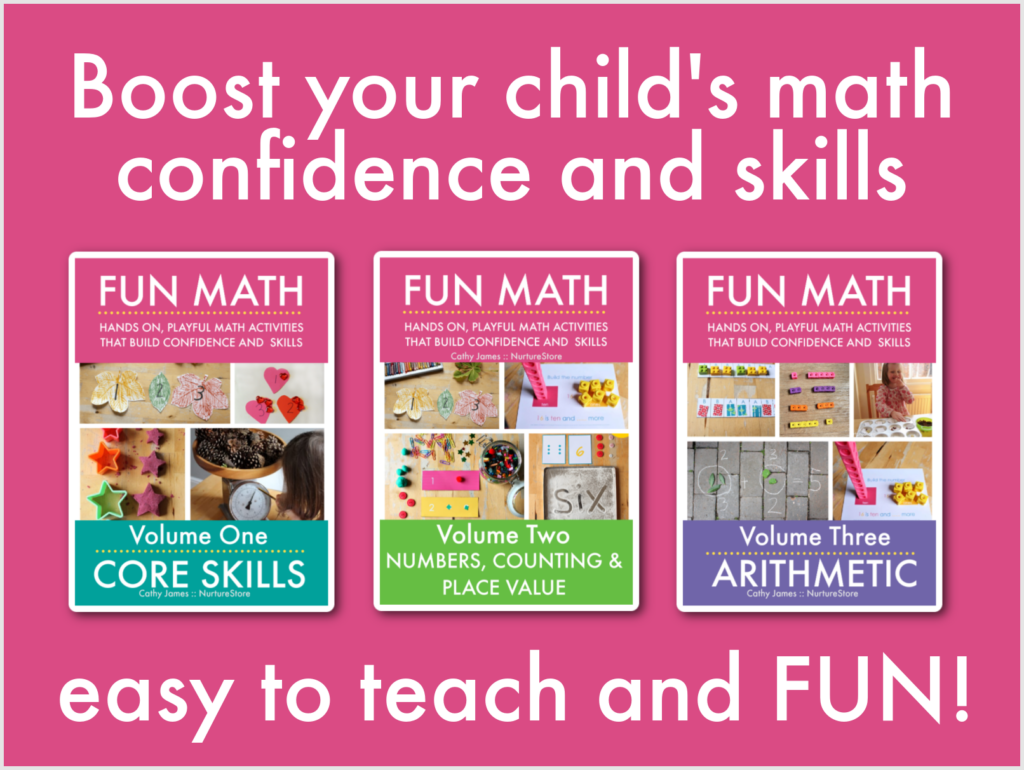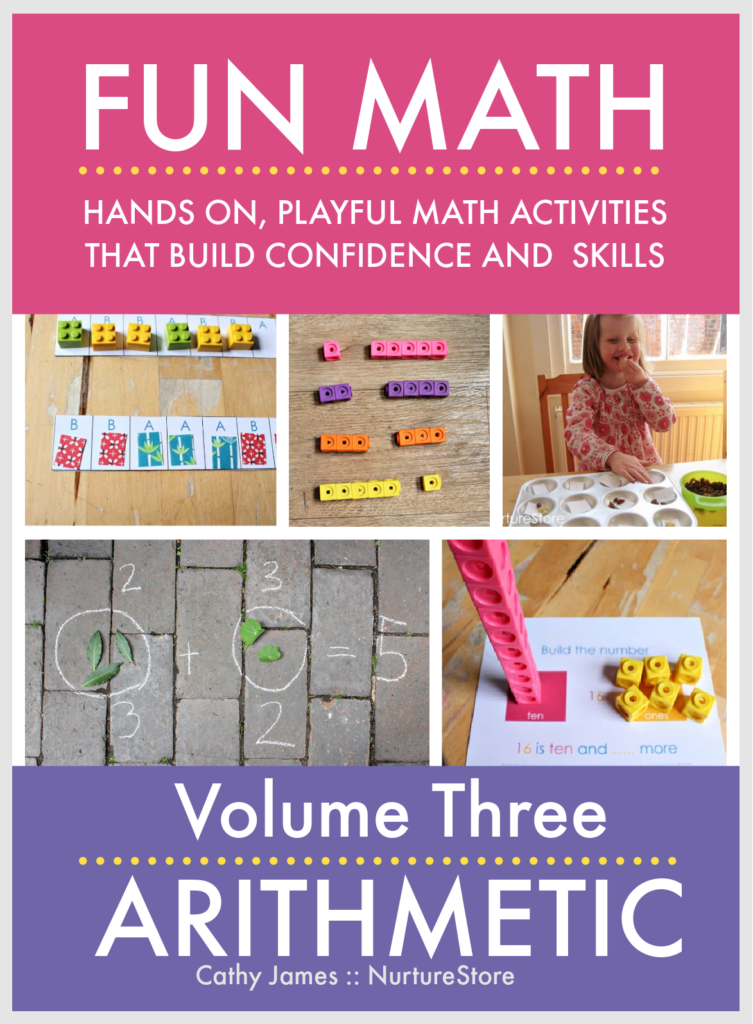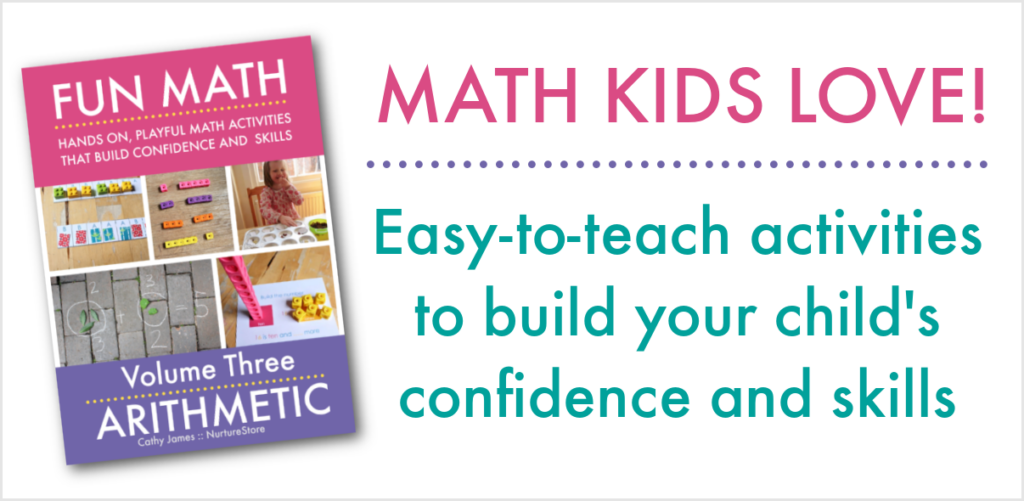Try these ideas for including mathematical language for children in your everyday conversations to give your kids an early language boost and increase their math vocabulary and confidence.
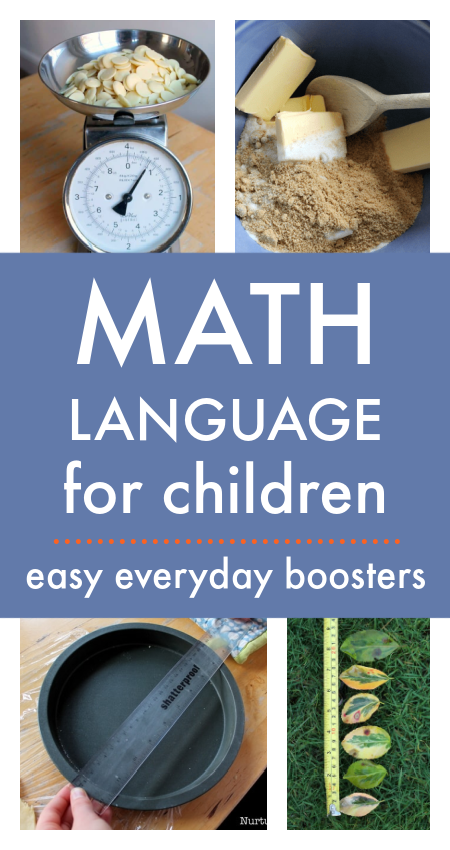
How to use math vocabulary in everyday conversations
Children who grow up in a math-rich environment get a head start on math lessons, which makes later learning easier.
Hearing and using lots of math vocabulary makes them more confident when they start formal lessons, as they are already familiar with and experienced at using these math words. It’s one less thing for them to worry about!
You don’t need vocab flashcards or drills on how to spell math words – just use math in your everyday conversations as you go about normal family life. Try these ideas, take from our Fun Math activities, to give your kids a math and language boost.
Magic Fun Math lessons!
Fun Math is an easy to teach, highly effective math curriculum based on play and hands-on learning.
All the lessons are designed to be fun and memorable, so children enjoy their lessons and feel confident.
The lessons are easy for teachers and parents to use, in class or at home.
These are the magic lessons where children really see, understand, and can apply math concepts. They are especially suited to children who don’t like math, lack confidence, don’t understand math the way they are currently being taught, or just want to play.
SEE MORE AND TRANSFORM YOUR MATH TEACHING HERE.
How to give your children a math rich environment
We use mathematical language every day, when we talk about how much milk is left in the fridge or what time we are meeting friends.
Sharing these conversations with our children helps to give them a math rich environment, teaching them valuable, real-world skills as part of everyday life.
Try to include a wide variety of vocabulary when you’re going about your everyday life and and when you’re using the activities in our Fun Math lessons. Mix familiar speech with more ‘academic’ language, so your children get to hear and use a wide range of terms.
Don’t force math words into every conversation of course, but don’t underestimate how much math you naturally use in chats with your kids, or the complexity of words they can understand. If our children can name their favourite dinosaur they can use words like multiplication too!
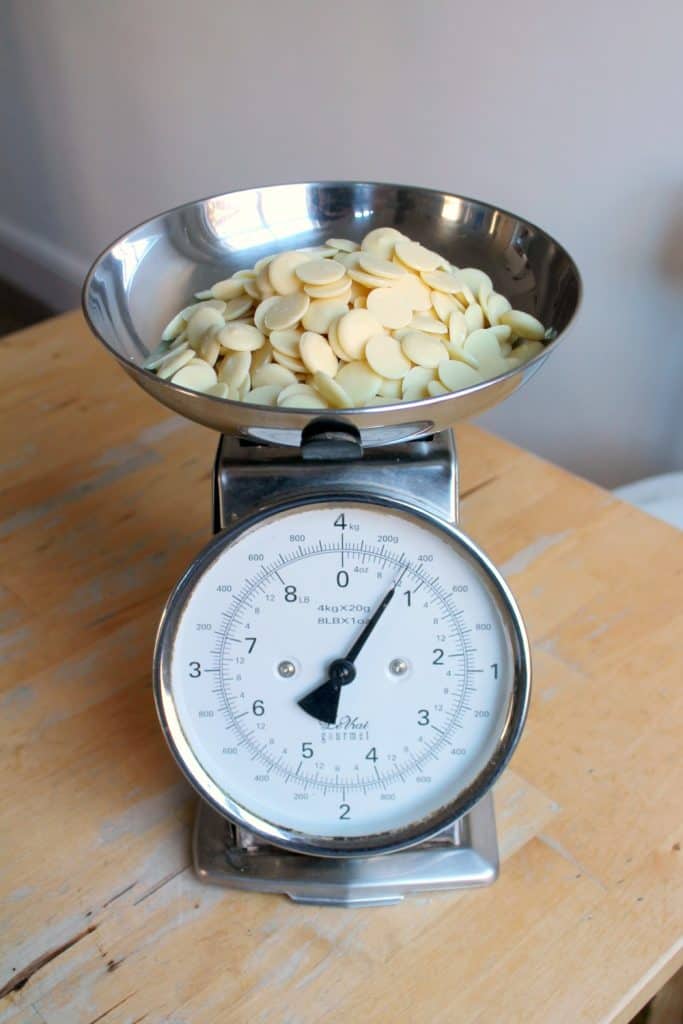
How to include math in conversations
The first way to give you children a language boost – in all areas, not just math vocabulary – it to chat with them as you go about your everyday and include them in your activities.
:: talk about how much you have to spend when you go grocery shopping. Say the prices of each item, talk about the total cost of the shopping, and mention the coins and notes you are using to pay for things.
:: how many things are in the laundry pile today? How many scoops of washing powder do you need to add? What temperature are you setting the washing machine at and how long will it take to finish?
:: chat about the ingredients you are using to make dinner or bake a cake. Weigh and measure things together.
:: discuss your plans for the day. What are you doing in the morning? What’s your first activity and what are you doing later? What time do you need to be back to get dinner ready? How much longer is there until bedtime? Time and sequencing conversations can happen every day.
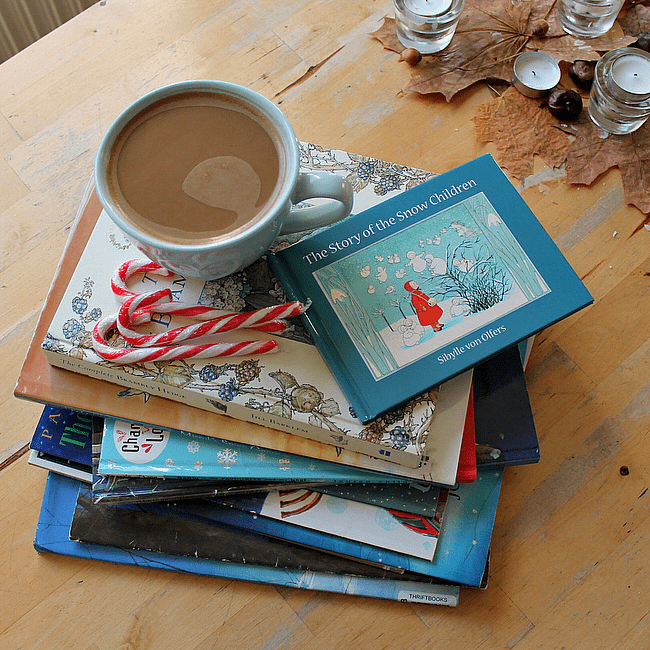
Let’s talk math
Sometimes you might like to have a more focussed math conversation, where you deliberately include math words and questions. A great time to do this is at storytime.
As you enjoy a book together, you can pause on each page and ask a math question.
Give your child the opportunity to ask you a question to answer too.
Some math questions to ask about books include:
:: how many fish can you see on this page?
:: can you see mores truck or more cars?
:: can you see something small on this page?
:: what is the biggest thing on this page?
:: what do you think she’s going to do next? And what will she do after that?
:: how many pages are there in this book?
:: can you remember what happened at the beginning of the book? What happened next?
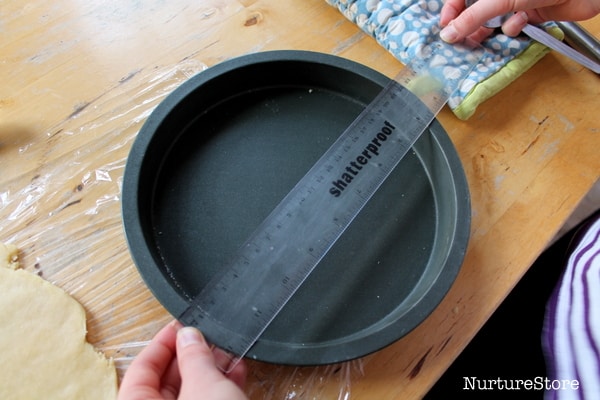
Math vocabulary for children to use
Be intentional about including a variety of math vocabulary, so your children become familiar with all the variations. You don’t need to write yourself a script to follow, but if you can use a range of words, you can really boost their language and understanding.
For example, they will likely understand ‘let’s take away a plate as we have too many’, and that can easily develop into understanding ‘deduct’ and ‘subtract’ too.
You’ll find many math conversation prompts in the activities included in our Fun Math curriculum, which give you great ideas for more mathematical conversations you can have with your children.
Here is a selection of vocabulary you can draw on:
:: equal to, the same as
:: more, less, more than, less than, bigger, smaller, increase, decrease
:: how many, count, count on, add, makes, plus, combine, adds up to, addition
:: altogether, totals, in total, adds up to, equals
:: take away, count down, reduce, minus, deduct, subtract, subtraction
:: x lots of, x groups of, times, multiplied by, multiplication
:: shared by, split between, share out, goes into, how many times, divided by, division
Download your copy of our Fun Math lessons and you’ll have lots of activity ideas to cover all these concepts with your children in a playful way they will love.
Transform your teaching with Fun Math
The Fun Math series gives you a math curriculum that is easy to teach and highly effective.
Children love these lessons because they are engaging and fun.
You’ll have a clear set of ready-made math lessons and activities that are simple to lead using our step-by-step lesson guides, and which children really understand.
Be the best math teacher and boost your children’s confidence and skills with Fun Math.
See more and transform your teaching here.


